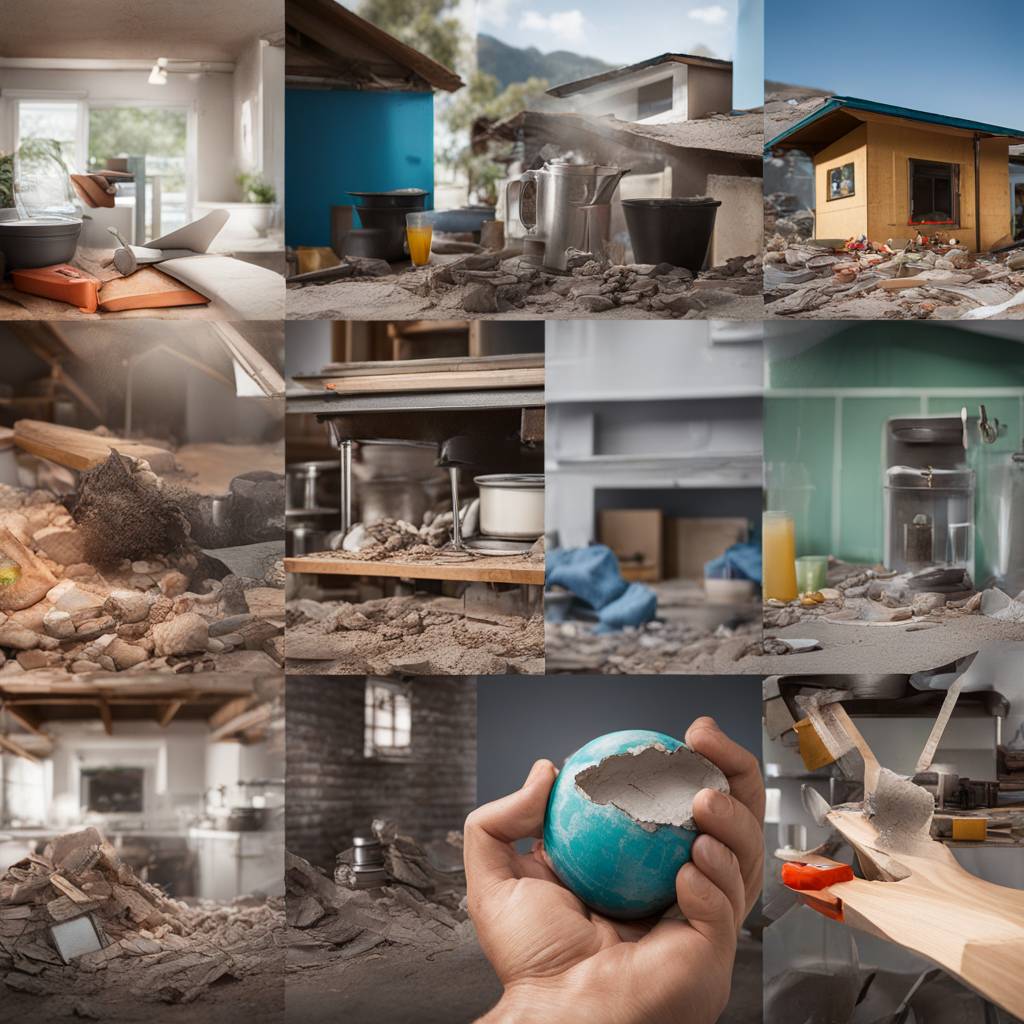Earthquakes are sudden, fierce shaking of the Earth’s surface caused by movements in the planet’s outermost layer. There are an estimated 500,000 detectable earthquakes worldwide each year, with a significant number causing damage and posing a threat to human life. The Occupational Safety and Health Administration notes that earthquakes can lead to property damage, injuries, and fatalities due to flying objects, collapsing walls, and other hazards. To stay safe during an earthquake, the Federal Emergency Management Agency (FEMA) provides tips for preparation before, during, and after the event.
FEMA recommends making an emergency plan that includes a family communication strategy and identifying a meeting place if separated. It also advises creating an emergency supply kit with essentials like food, water, flashlight, fire extinguisher, and whistle. Securing furniture and household items that may fall during an earthquake is crucial for preventing injuries. FEMA highlights the importance of identifying areas that need to be secured in case of an earthquake, such as heavy or breakable objects.
The “drop, cover, hold on” technique is suggested by FEMA for individuals inside during an earthquake. This involves dropping to hands and knees, covering the head and neck with arms, and holding onto something sturdy until the shaking stops. If outdoors during an earthquake, FEMA recommends moving away from buildings, electrical wires, and streetlights. Once in the open, people should again drop, cover, and hold on. It may be safer to enter a building to avoid being hit by debris.
After an earthquake, individuals should remain cautious and monitor the news for updates on aftershocks or additional risks. Those living near the ocean should remain vigilant for possible tsunamis. FEMA advises waiting a minute before moving after the shaking has stopped and being mindful of debris or other dangers. If safe to do so, exit the building and avoid damaged areas and downed power lines. Those trapped after an earthquake should avoid moving or shouting to prevent inhaling dust and, as a last resort, tap on pipes or walls to alert rescuers.
Utility lines can be damaged by earthquakes, so it is recommended to have gas, sewer, and water lines inspected afterward. Due to the risk of gas fires, individuals should not use lighters or matches near damaged areas. If someone is sick or injured and requires medical attention, they should contact their healthcare provider for instructions, or call 9-1-1 in an emergency. Remaining cautious and following safety protocols can help individuals minimize the risks associated with earthquakes and ensure their safety and well-being.













